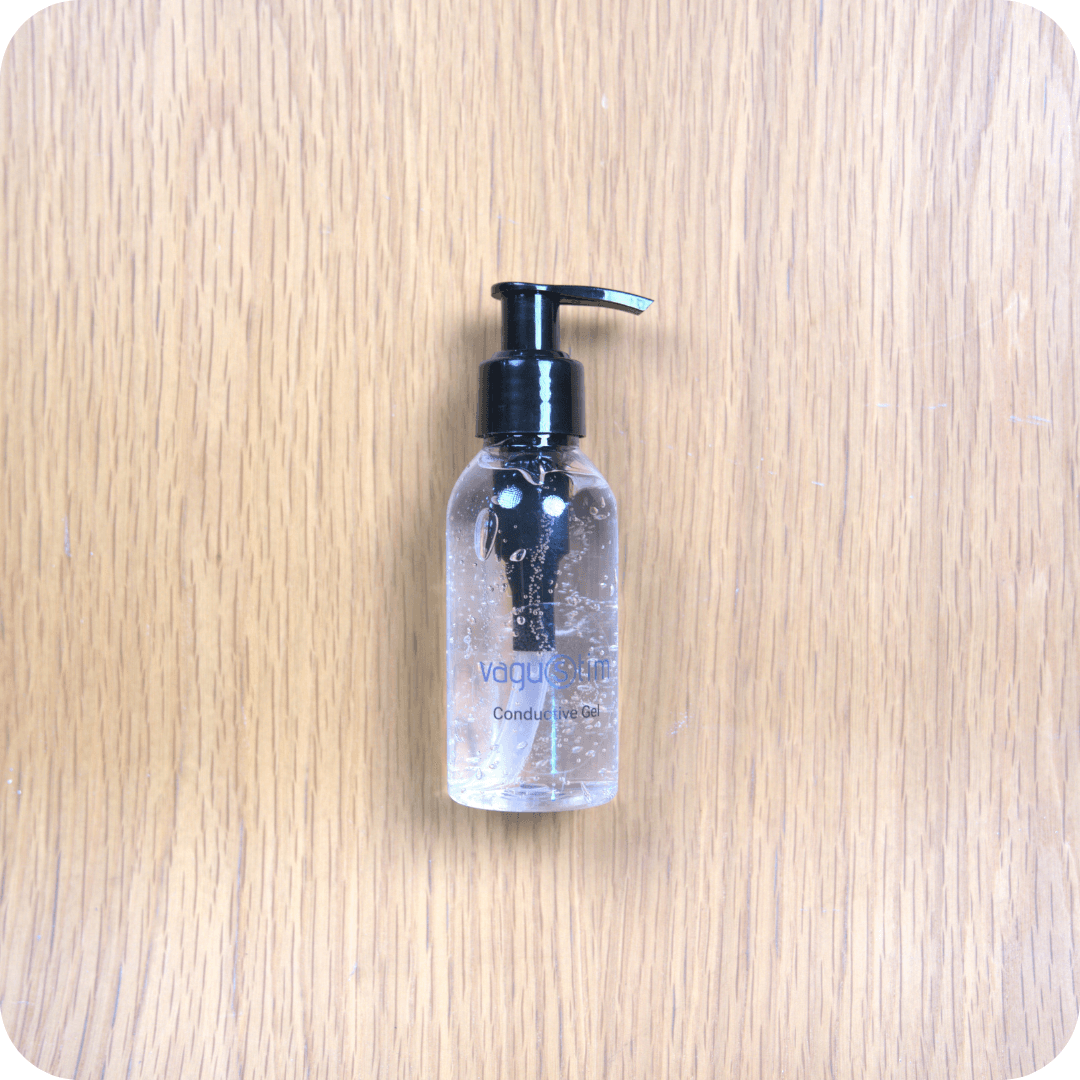Generalized Anxiety Disorder (GAD) is one of the most common mental health problems of the modern age. While many people carry this silent struggle like an invisible burden, traditional treatment methods can sometimes be inadequate. However, a neurotechnological development that has attracted attention in recent years promises hope not only for anxiety, but also for cognitive-emotional processes such as attention deficit, anxiety and depression: Transcutaneous Auricular Vagus Nerve Stimulation (VNS).
Why is the Vagus Nerve Important?
The vagus nerve is the 10th cranial nerve originating from our brain and establishes a direct connection with the body's basic organs such as the heart, lungs and digestive system. Stimulation of the nerve can create a "reset" effect in the body by activating the parasympathetic (i.e. "calming") system. This method, which was previously used only for epilepsy and treatment-resistant depression, now gives strong signals that it can be effective on anxiety disorders and cognitive performance.
What Does the Science say? – Findings of Two Major Studies
1. VNS and GAD: A Brand New Clinical Trial (2025)
The study by Lai et al., published in 2025 and one of the most up-to-date studies on GAD, tests the applicability of VNS in individuals with Generalized Anxiety Disorder on scientific grounds. In this randomized controlled clinical trial:
• 60 GAD patients were divided into VNS or sham VNS groups.
• VNS was applied for 30 minutes twice a day for 8 weeks.
• In the results evaluated with the Hamilton Anxiety Rating Scale (HAM-A), a significant decrease in anxiety scores was seen in the VNS group.
• In addition, neural activity regulation in limbic regions related to anxiety was detected in brain scans performed with fMRI (functional MRI).
This shows that VNS affects not only the symptoms but also the emotional control centers of the brain directly.
2. Improvement of Attention and Depression with VNS (2024)
In another study conducted by Yıldız and colleagues in 2024, VNS application increased sustained attention in individuals at risk for ADHD and significantly reduced Beck Depression Inventory scores. In other words, the device can target not only anxiety but also the distraction and depression that come with it.
• Participants' reaction times showed significant improvements in attention tests.
• Depression scores decreased significantly in the VNS group (p < 0.05).
Who Is VNS Suitable For?
• GAD patients who do not respond to traditional antidepressants or anxiolytics,
• Individuals who experience depression along with attention problems such as ADHD,
• University students whose mental performance decreases due to anxiety or adults who work at a busy pace.
• Individuals with post-traumatic stress disorder (PTSD)
• Individuals who experience high levels of anxiety before exams, interviews or stage performances
• Individuals with high sensitivity
• Individuals who want to increase the effect of meditation or mindfulness
Moreover, the fact that transcutaneous auricular VNS is non-invasive, portable and user-friendly is one of the most attractive aspects that distinguishes it from other methods.
Conclusion: A Silent Biotechnological Revolution
Vagus nerve stimulation is now becoming a scientifically supported method not only for epilepsy or depression, but also for attention deficit, generalized anxiety and mood disorders. As clinical studies become clearer, this method may even become as widespread a stress management tool as meditation in the future.
A silent but effective technology for a disorder that does not appear to be GAD but is eroding the quality of life from the inside... Maybe this is exactly what we need!
Keywords:
Generalized Anxiety Disorder, Vagus Nerve Stimulation, Transcutaneous Auricular VNS, Non-Invasive Anxiety Treatment, Attention Deficit, Depression, ADHD, Vagus Nerve, Natural Anxiety Relief, Cognitive Performance, Stress Management Technology, Parasympathetic Activation
References:
- Yıldız, R., Özden, A. V., Nisanci, O. S., & Demirkiran, B. C. (2024). The Effects of Transcutaneous Auricular Vagus Stimulation on Sustained Attention and Depression in Individuals Who Are Likely to Have ADHD. Biomed Sci Clin Res, 3(2), 01-08.
- Lai, J., Liu, J., Zhang, L., Cao, J., Hong, Y., Zhang, L., Fang, J., & Wang, X. (2025). Effect of transcutaneous vagus nerve stimulation with electrical stimulation on generalized anxiety disorder: Study protocol for an assessor-participant blinded, randomized sham-controlled trial. Heliyon, 11(4), e42469.





